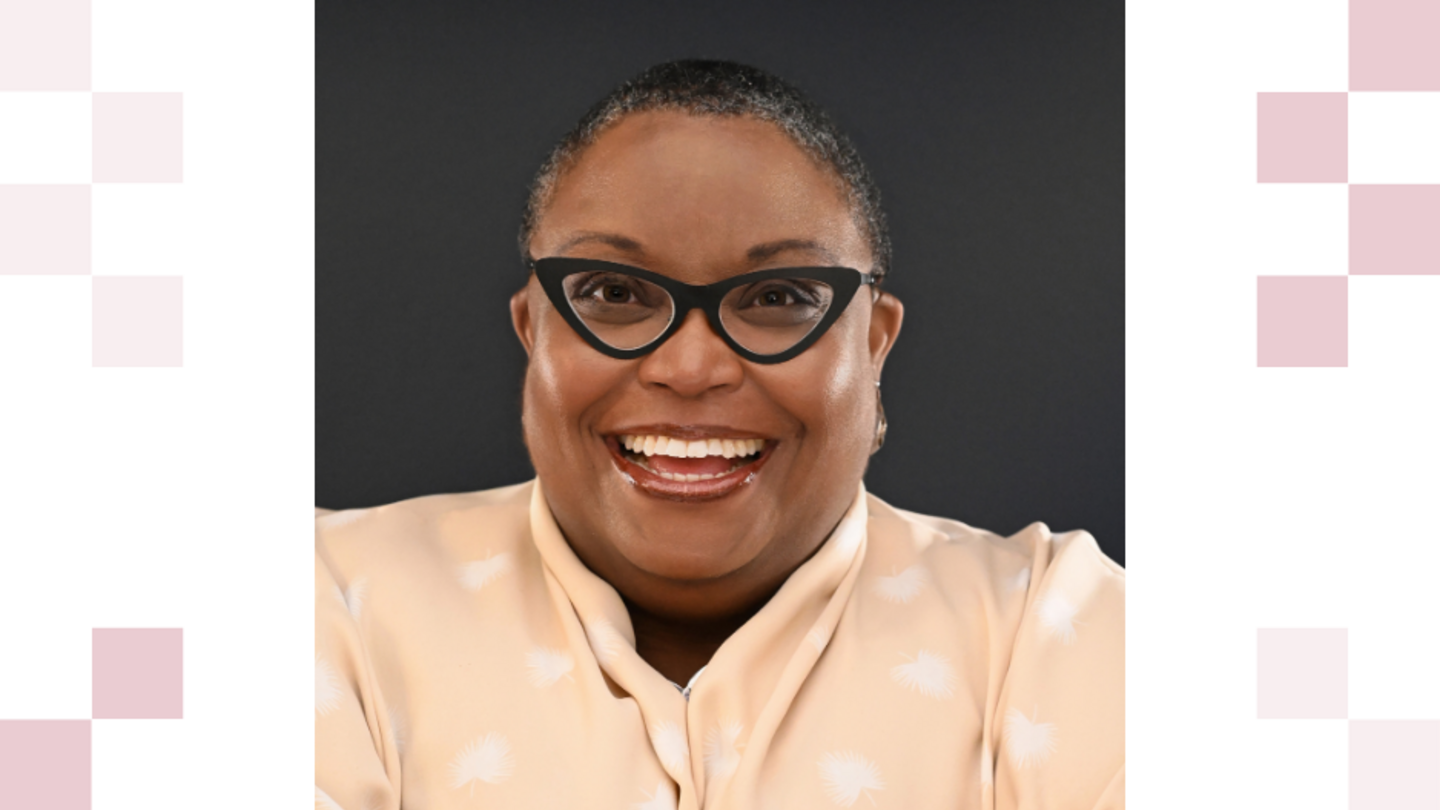
For more than three decades, Stacy E. Holland has been a powerful force for transformational change in education. Grounded in the lived experiences of the children and youth she's worked with and a deep belief in what is possible for every young person, Holland has dedicated her career to creating equitable educational opportunities that empower youth to thrive both in school and in life.
Holland currently serves as executive director of Elevate 215, an organization committed to collaboration, research-based strategies and investment in proven solutions. Her career also includes managing a $100 million endowment as executive director of The Lenfest Foundation, serving as the chief of strategic partnerships for the School District of Philadelphia and co-founding the Philadelphia Youth Network, a citywide youth workforce organization that served nearly 20,000 youth annually during her twelve-year tenure.
Mentorship is at the heart of Holland's personal and professional story. She credits much of her success to the presence of a few key adults—particularly her mentors, the late Jim Boatwright and his wife, Pat—who saw potential in her as a 17-year-old when traditional metrics, specifically her grades and SAT scores, did not showcase it. The Boatwrights, both of whom were administrators at Trenton State College, now the College of New Jersey, saw Holland's latent promise, and she was able to attend the college through the Educational Opportunity Fund Program.
Holland emphasizes that mentorship is about adults seeing the potential in young people that they cannot yet see in themselves and then guiding them toward realizing that potential. This, she notes, is not just support—it is a powerful responsibility.
It was the Boatwrights' belief in her that opened the door to higher education and set her on the path to eventually becoming "Dr. Holland" nearly 30 years later.
"I often say, there would be no Dr. Holland if there was no Jim and Pat Boatwright," Holland says. "She would not exist. I didn't know becoming Dr. Holland was possible."
Community impact is equally important in Holland's philosophy. Her work co-founding and scaling initiatives such as the Legacy Program, the Philadelphia Youth Network, and now Elevate 215 demonstrates how collaboration and a shared sense of purpose can reshape outcomes for thousands of young people. These efforts show what's possible when those with power listen to the actual experiences of students and families, set aside judgment and align resources to meet their needs. She sees community-driven change as the most authentic and sustainable form of transformation—one rooted in empathy, equity, partnership and service, with educators remaining deeply connected to the humanity of those they serve.
When speaking of service, Holland says the best piece of advice she ever received came from her mom.
"She would always say, 'show up as your best self today, and show up in service of others,'" Holland says.
"And for me, that's at the core of it. We are all created in our own individual uniqueness. But we're not singularly the end-all to be-all. We're a part. We're one part of a total change, shift and puzzle, but if you don't show up as your best self every day, then you're not going to make the change for the people that you serve."
Her story is a call to action for new educators, practitioners and leaders to find their "crew"—folks equally committed to a vision, with whom they can continue to grow and collaborate; to communicate with and listen to older generations of educators and to become guides for the next generation.
"You need to create a superhero mentality in community with other people who are as smart as you, and smarter than you, to build solutions for the children whose names you do not [yet] know," Holland says. "You're in service of them."
Holland's impact lies not just in what she has accomplished but in how she models leadership as a deeply relational and purpose-driven practice.
"You're responsible for the systems in which you are in charge," Holland says. "You can change the game, but you have to think outside the box."
In 2013, Holland was honored by the White House as a Champion of Change for her work at the Philadelphia Youth Network. Among her four allowed guests was her longtime mentor, Jim Boatwright. At this momentous day's end, while waiting for the train together, Holland remembers asking Boatwright if he ever thought this was where they would end up.
"And his answer is, Yes," Holland recalls.
"He said, 'Stacy, the way you think about the world and the way you think about systems with this deep sense of humanity is how I knew we would be here. You exceeded my expectations—helping build a multimillion-dollar company that serves thousands of children. We just had to create a space for you."
After earning a bachelor's degree in marketing from The College of New Jersey, Holland went on to obtain a master's degree in student personnel administration in higher education from Teachers College, Columbia University, and now holds a doctoral degree in learning and development from the Graduate School of Education at the University of Pennsylvania.
Holland encourages the current and future generation of educators to embrace their "healthy skepticism," or what some call impostor syndrome, not as a weakness but as a grounding force that keeps them humble, curious, and open to collaboration and service.
This is the message she will share in her keynote address at the College of Education and Human Development Graduation Ceremony on Wednesday, May 7.
For Temple's College of Education and Human Development graduates, Holland offers a powerful reminder that the future of education is personal, community-rooted and absolutely within their power to shape.
